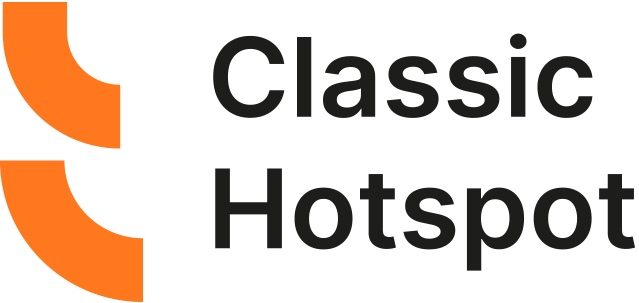
The federal regulation that was protecting internet users’ personal data in the US has been rescinded by the Senate and the House of Representatives. From April 2017, Internet Service Providers (ISP) will be able to resell the private data collected about their customers to other companies, without any authorization.
On April 3rd, President Trump promulgated the abrogation issued by the Federal Communications Commission (FCC) last October. Under the presidency of Tom Wheeler (last appointed FCC Chairman by Barack Obama), the FCC’s regulation enforced ISPs to ask for the consent of their customers before selling their private data to advertisement companies.
Now, with the abrogation of this federal regulation, ISPs working in US territories like Comcast, Verizon, AT&T have the ability to resell private data without any authorization. This is terrible news for individuals that can no longer control the usage done of their private data by ISPs, the opposition qualified this abrogation as an “open bar for advertisement companies”. The American Civil Liberties Union (ACLU) denounced a “sacrifice [of] the privacy rights of Americans in the interest of protecting the profits of major internet companies”.
Moreover, on the 27th of April, the House of Representative voted one bill that gives ISPs the ability to “collect and sell browsing history for advertising purposes”.
There are three main ways for an ISP to collect data about its customers in the US: the deep packet inspection, the monitoring of internet activity and the tracking of user’s location through mobiles devices.
Basically, any type of information about a customer on the internet can now be collected by an ISP without customer’s consent, the data collected includes browsing history, app usage data, and location information.
From the ISPs point of view, the abrogation of the federal regulation re-establishes a fair competition between ISPs and Silicon Valley players like Facebook and Google. In fact, Facebook and Google were free to offer advertisement to their users based on their personal information and without needing their authorization.
In the next months, we’ll probably be able to see some moves in the advertising space from companies like Verizon, Comcast, AT&T and other ISPs, as they can now collect and sell users’ data for better targeted advertisements.
Related articles:
